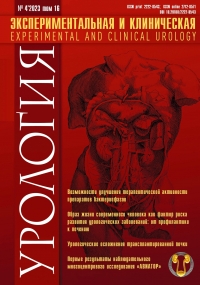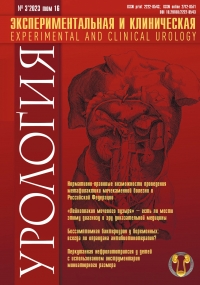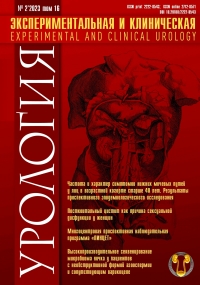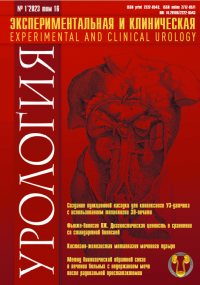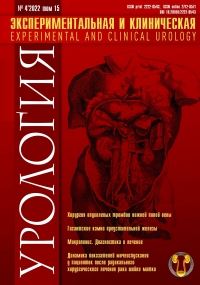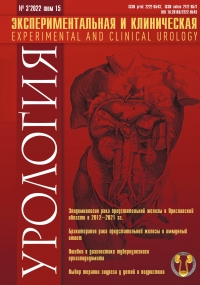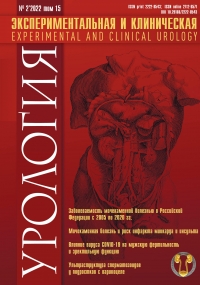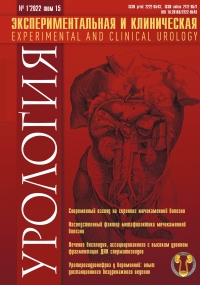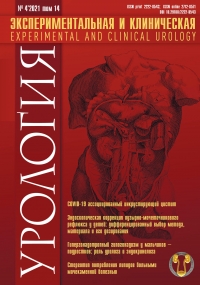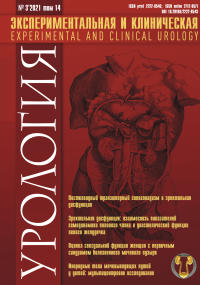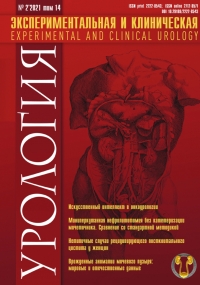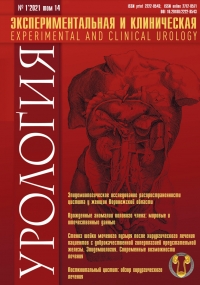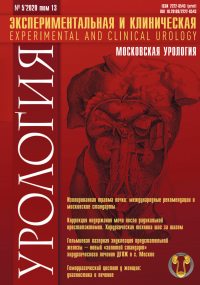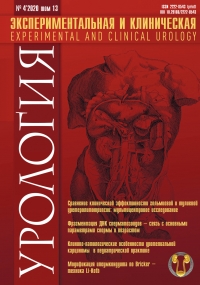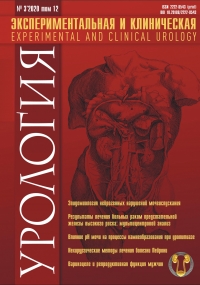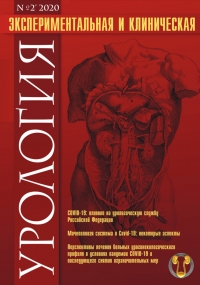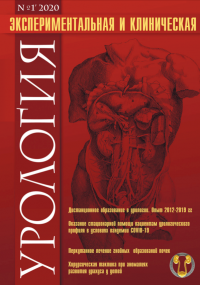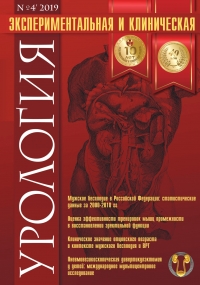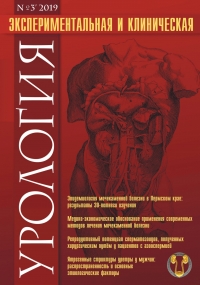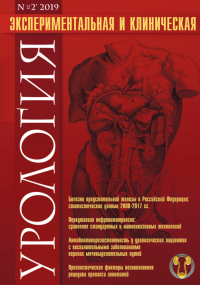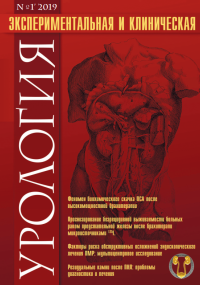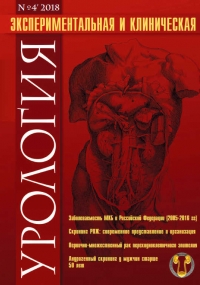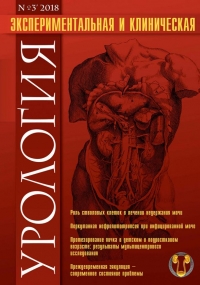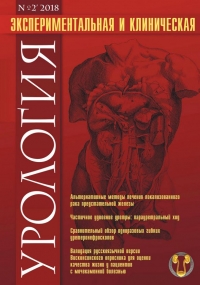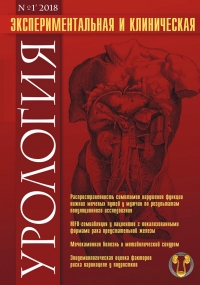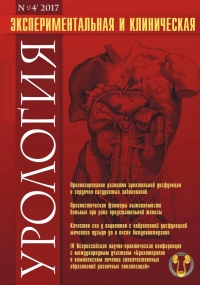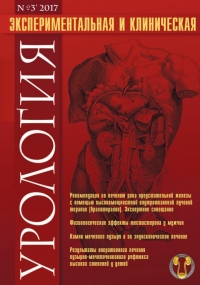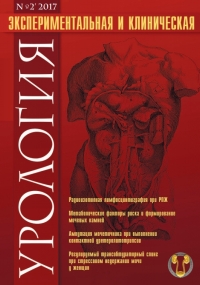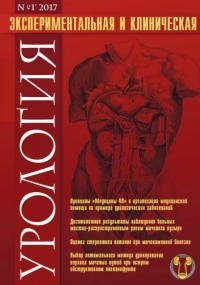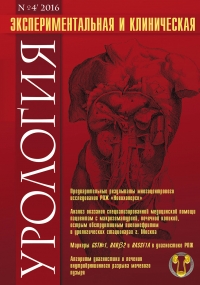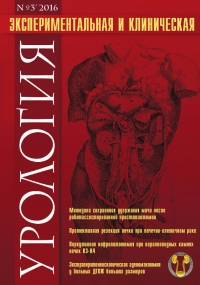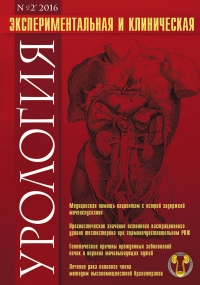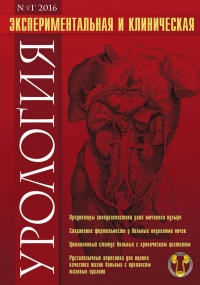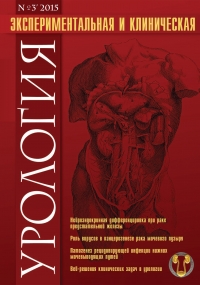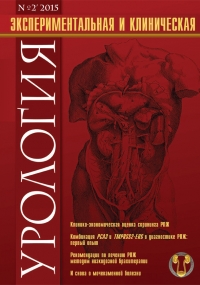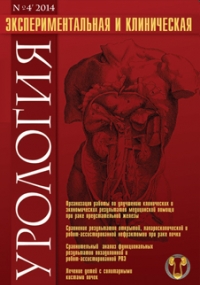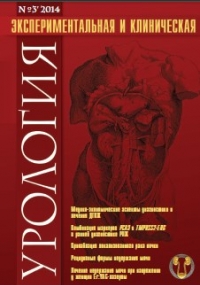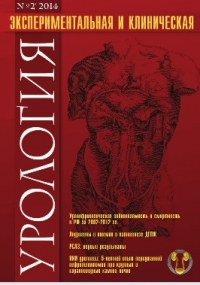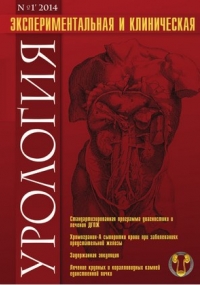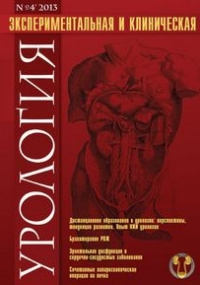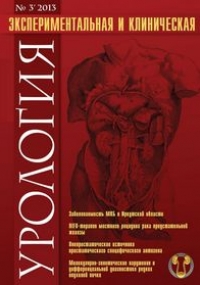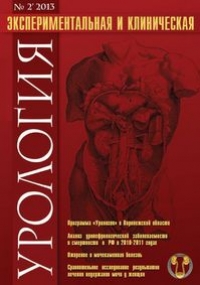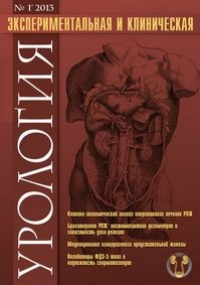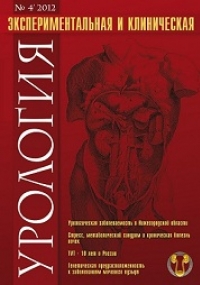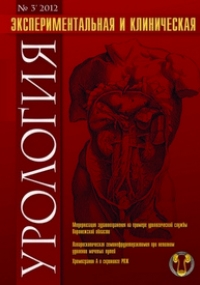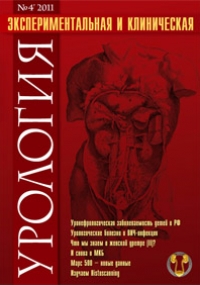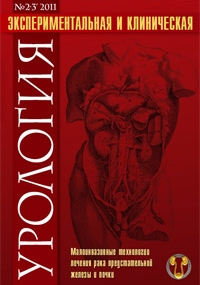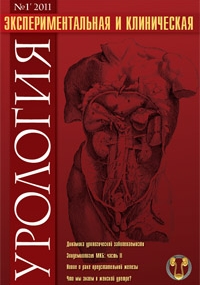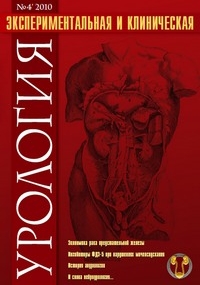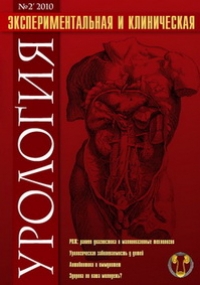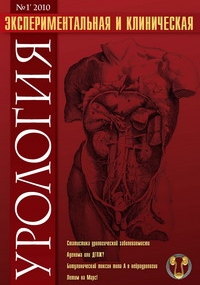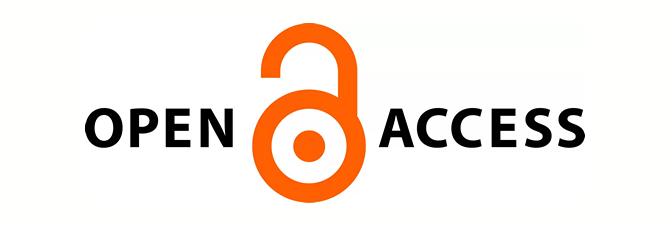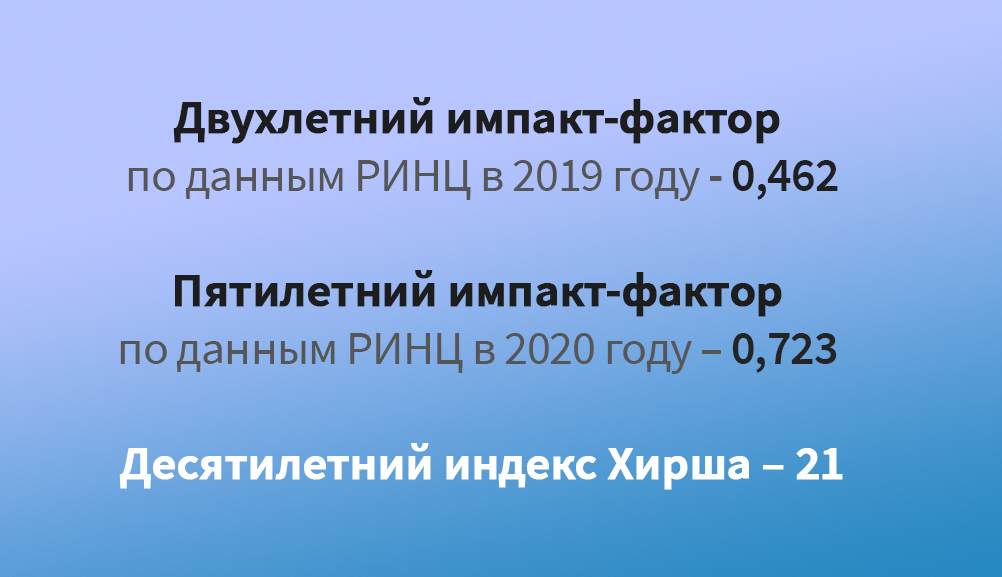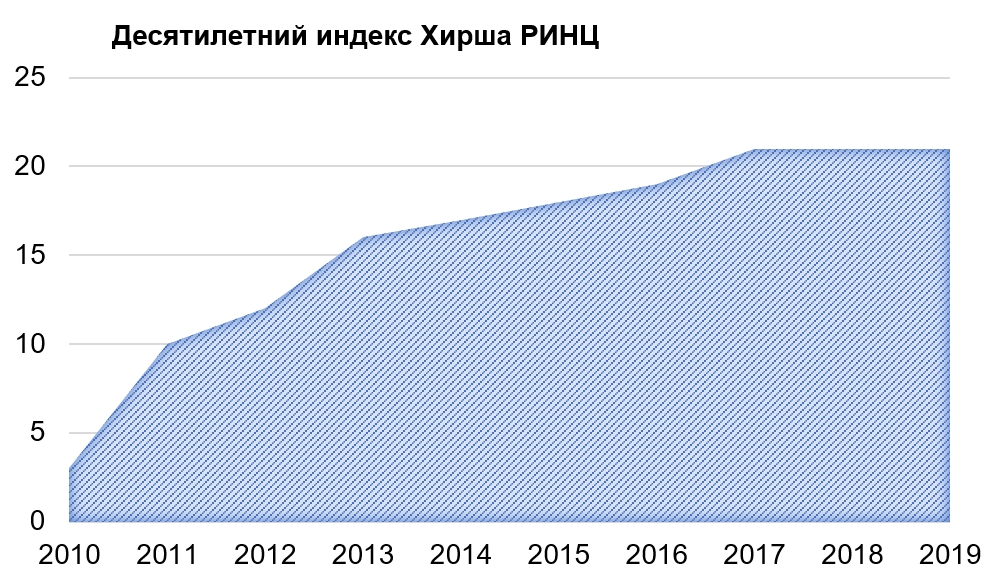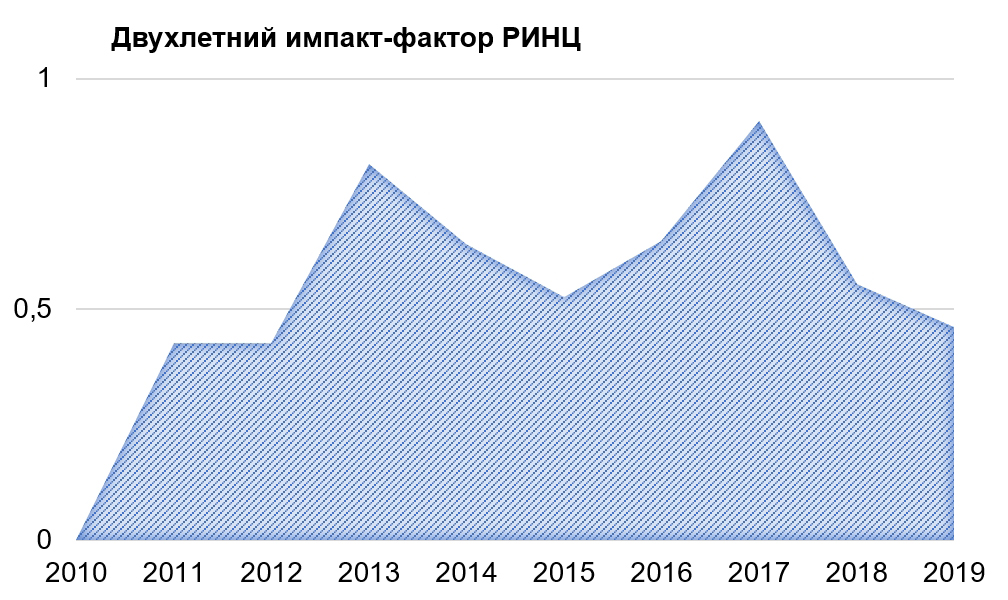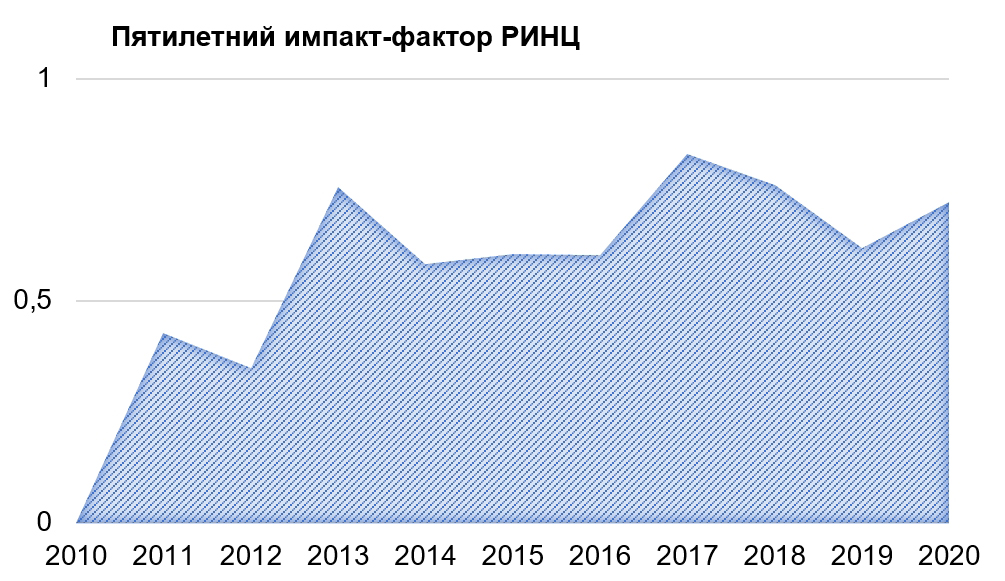Conflict of interest polity
 899
899 To exclude cases of publication ethics violation, the conflict of interest of all parties involved in the publication process should be excluded. A conflict of interest arises if the author, reviewer, or member of the editorial board has financial, scientific, or personal relationships that could affect their actions. Such relationships are called dual obligations, competing interests, or competing loyalty.
In order to avoid conflicts of interest, in accordance with the journal ethical standards, the following responsibilities are assigned to each of the parties.
The editor’s responsibilities:
- to transfer the article text for examination to another member of the editorial board if the originally selected reviewer has a conflict of interest with the author of the article considered for publication in the journal;
- to request information from all participants in the publication process about the possibility of competing interests;
- to make a decision on the publication of information indicated in the author’s letter regarding a conflict of scientific and / or financial interests, if this information is not confidential and may affect the evaluation of the published work by a reader or a scientific community;
- to ensure the publication of amendments if the information on a conflict of interest was obtained after the publication of the article.
Unpublished data obtained from manuscripts submitted cannot be used in personal research without a written consent of the author. Information or ideas obtained during the peer review process and related to potential benefits should be kept confidential and not used for personal gain.
Editors should not review manuscripts in case of conflicts of interest due to competitive, collaborative and other interactions and relationships with authors.
Editors should regularly publish disclosures about potential conflicts of interest related to journal staff obligations.
The author’s responsibilities:
- to provide in a cover letter existing and possible sources of conflict of interest;
- to indicate the organization affiliated with the author (one or several) and sources of funding for the study;
- if there is no conflict of interest, indicate this in the application for publication.
When submitting an article, the authors are responsible for disclosing all financial or personal relationships that could affect their work. All authors are required to disclose in their manuscripts potential conflicts of interest, that may be perceived as having an impact on the results or conclusions presented in the work.
The reviewer’s responsibilities:
- to inform the chief editor about the existing conflict of interests (double obligations, competing interests)
- to refuse to conduct an examination of the text of the article.
Information or ideas obtained during the peer review process and related to potential benefits should be kept confidential and not used for personal gain.
<< Step back to Editorial Policy


